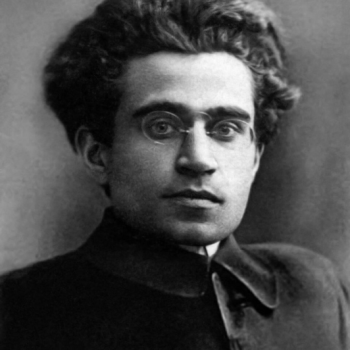Our study, released by the Commission on Parenthood’s Future last week, focused on how young-adult donor offspring—and comparison samples of young adults who were raised by adoptive or biological parents—make sense of their identities and family experiences, how they approach reproductive technologies more generally, and how they are faring on key outcomes. The study of 18- to 45-year-olds includes 485 who were conceived via sperm donation, 562 adopted as infants, and 563 raised by their biological parents.
The results are surprising. While adoption is often the center of controversy, it turns out that sperm donation raises a host of different but equally complex—and sometimes troubling—issues. Two-thirds of adult donor offspring agree with the statement “My sperm donor is half of who I am.” Nearly half are disturbed that money was involved in their conception. More than half say that when they see someone who resembles them, they wonder if they are related. About two-thirds affirm the right of donor offspring to know the truth about their origins.
Regardless of socioeconomic status, donor offspring are twice as likely as those raised by biological parents to report problems with the law before age 25. They are more than twice as likely to report having struggled with substance abuse. And they are about 1.5 times as likely to report depression or other mental health problems.
As a group, the donor offspring in our study are suffering more than those who were adopted: hurting more, feeling more confused, and feeling more isolated from their families. (And our study found that the adoptees on average are struggling more than those raised by their biological parents.) The donor offspring are more likely than the adopted to have struggled with addiction and delinquency and, similar to the adopted, a significant number have confronted depression or other mental illness. Nearly half of donor offspring, and more than half of adoptees, agree, “It is better to adopt than to use donated sperm or eggs to have a child.”
The stories that donor offspring tell about their confusion help to illustrate why they might be, as a group, faring so much worse. Christine Whipp, a British author conceived by anonymous sperm donation more than four decades ago, gives voice to the feelings some donor offspring have of being a “freak of nature” or a “lab experiment”:
My existence owed almost nothing to the serendipitous nature of normal human reproduction, where babies are the natural progression of mutually fulfilling adult relationships, but rather represented a verbal contract, a financial transaction and a cold, clinical harnessing of medical technology.
Lynne Spencer, a nurse and donor-conceived adult, speaks eloquently of losing trust when her parents did not tell her the truth about her origins, and she suspected the secret:
When you grow up and your instincts are telling you one thing and your parents—the people you are supposed to be able to trust the most in your life—are telling you something else, your whole sense of what is true and not true is all confused.
Others speak of the searching for their biological father in crowds, wondering if a man who resembles them could be “the one.” One donor-conceived adult responded to an open-ended question on our survey by writing: “Sometimes I wonder if my father is standing right in front of me.” Still others speak of complicated emotional journeys and lost or damaged relationships with their families when they grow up. One wrote at the end of our survey: “I still have issues with this problem and am seeking professional help. It has helped me to become a stronger person but has scarred me emotionally.” Another said, “[I am] currently not on seeing or speaking terms with family because of this.”
Listening to the stories of donor-conceived adults, you begin to realize there’s really no such thing as a “donor.” Every child has a biological father. To claim otherwise is simply to compound the pain, first as these young people struggle with the original, deliberate loss of their biological father, and second as they do so within a culture that insists some guy who went into a room with a dirty magazine isn’t a father. At most the children are told he’s a “seed provider” or “the nice guy who gave me what I needed to have you” or the “Y Guy” or any number of other cute euphemisms that signal powerfully to children that this man should be of little, if any, importance to them.
via New study shows sperm-donor kids suffer. – By Karen Clark and Elizabeth Marquardt – Slate Magazine.












